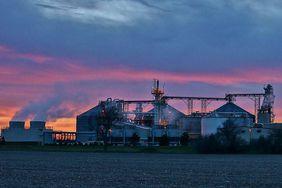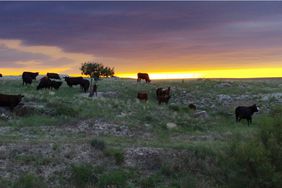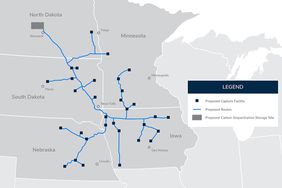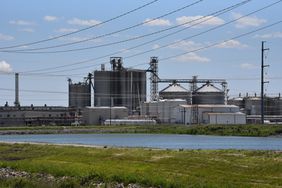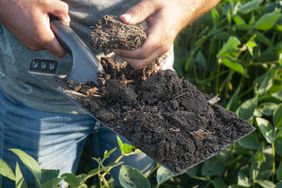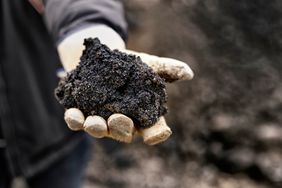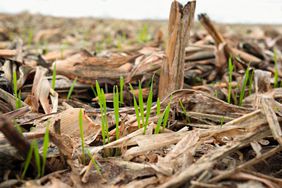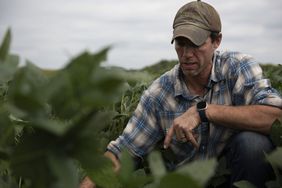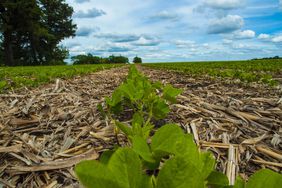:max_bytes(150000):strip_icc()/Soil-Health-Earthworm-USDA-6b89f7b4da06416f88139b6e62b8bb47.jpg)
AgriCapture's Soil Enrichment Project is the second-ever project to achieve carbon credit issuance for regenerative agricultural practices under the Climate Action Reserve's (CAR) Soil Enrichment Protocol.
Farms will receive carbon credits within one year of completing harvest on 2021 farming activity aimed at sequestering carbon and reducing greenhouse gas (GHG) emissions.
AgriCapture continues to expand its Soil Enrichment Project to over 130,000 acres. Across the full project, farmers are implementing Climate-Friendly farming practices, including cover crops, reduced tillage, efficient fertilizer application, avoided burning, and irrigation changes to reduce GHG emissions and sequester carbon.
"To generate the first registry-issued credits from the 2021 growing season less than a year after farmers completed harvest is proof that AgriCapture delivers immediate results," states John Farris, Founder and CEO of AgriCapture. "As our programs expand, our team is creating credible, high-quality carbon credits in a space that hasn't seen timely results until now."
Credits are issued for reducing GHG emissions on two Arkansas farms.
Sustainable nitrogen fertilizer application on cotton fields reduces nitrous oxide emissions and minimizes nitrogen runoff, improving water quality. Climate-Friendly rice farming reduces methane and nitrous oxide through avoided field burning, slashing air pollution.
AgriCapture's agronomists and sustainable farming experts determine an optimal combination of Climate-Friendly practices for each farm. The team collects data from farm records, satellite imagery, and soil sampling to submit for validation and verification of emission reductions through CAR.
AgriCapture has arranged to sell the credits to their buyer network while exploring offtake agreements for the full project credit issuance, expected in June 2023. Buyers purchase credits to offset the companywide GHG emissions they cannot avoid, allowing companies to take meaningful action towards reducing their environmental impact.
By successfully generating agricultural carbon credits within one year of harvest, AgriCapture proves there is a feasible, nature-based solution to climate change that financially supports Climate-Friendly farmers.
